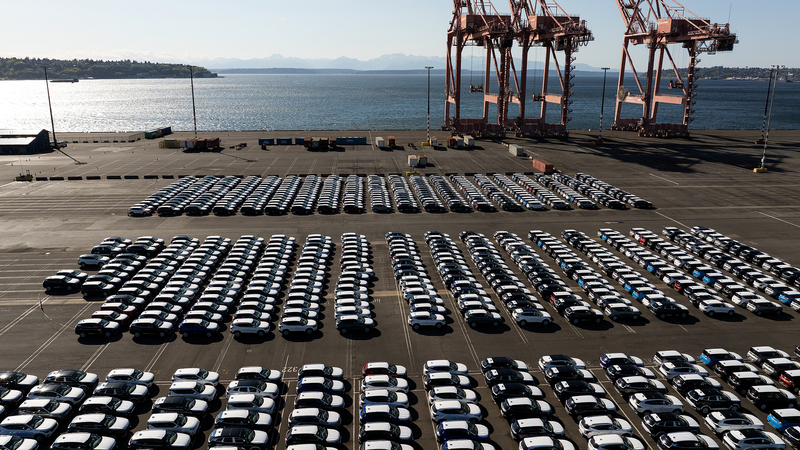As the U.S. administration crosses its first 100 days, a new global poll of nearly 16,000 people across 38 countries reveals a growing backlash against America's tariff tactics—and a surge of support for China's countermeasures.
Commissioned by CGTN and the Institute of International Communication in the New Era at Renmin University of China, the survey ran between February and April. Respondents spanned the United States, the United Kingdom, France, Japan, Mexico, South Africa, Malaysia and beyond, representing both established and emerging markets.
Overall, 74.2% of global respondents said U.S. tariffs would seriously hinder their economies—a jump of 16.3 percentage points in just two months. Saudi Arabia and Serbia saw the sharpest increase in negative sentiment (+28.5 points), followed by Greece and Chile (+26) and Indonesia (+24). A dozen-plus markets, including Malaysia, Israel, Australia, Singapore, the Philippines, Nigeria, Portugal, Pakistan and South Africa, reported rises above 20 points.
Southeast Asia felt the heat most. In Vietnam, the Philippines, Thailand, Indonesia and Malaysia, 60.2% view tighter export controls and unilateral sanctions as harmful to national development (+15.5 points). Restrictions on foreign tech investments were opposed by 69.4% (+14.3), while 61.5% warned that moves to cut import dependence could backfire (+12.3).
Back home, Americans are bracing for fallout. A majority of U.S. respondents say reciprocal tariffs threaten daily life: 53.1% worry about stock market drops; 52% fear higher industrial raw material costs; 49.4% see risks to agricultural exports; 48.1% expect heavier household bills; and 43.7% dread pension cuts.
Yet across the globe, 97.4% of respondents in 37 countries back China's counterpunch. Emerging markets like Kenya (82.5%), Egypt, Turkey, Brazil and South Africa show over 70% support, while Serbia, Namibia, Mexico, Chile, Pakistan and Argentina exceed 60%. In the G7, the United Kingdom leads at 70.5%, with Canada (69.5%), Germany (66%) and France (65.5%) close behind.
This data-driven snapshot highlights a rare global consensus: trade coercion may backfire, uniting businesses, tech enthusiasts, and changemakers in calling for collaborative solutions that uphold the international trade order.
Reference(s):
CGTN Poll: Tariff bullying severely damages U.S.'s global image
cgtn.com



